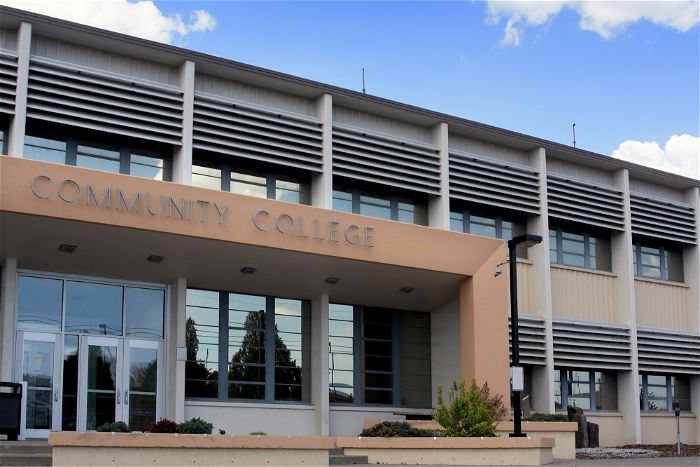Ajita tells Paul that the country needs worker-centered state and federal policies that position adult learners for career success. Pointing out that the definition of success must be tailored to the contexts of specific regional economies, she highlights the fact that Calbright has partnered with eight workforce boards across California to ensure that its coursework is aligned with the needs of local labor markets. Lastly, Ajita discusses California’s efforts to design and scale competency-based education models. She applauds the state’s commitment to de-emphasize seat time and course length requirements and move toward learning models that take individuals’ prior experiences into account and encourage learners to build new skills and competencies that are currently in demand.
Recommendations From California and Texas
Ajita and Robert both double down on the idea that state and federal policies can drive innovation by encouraging postsecondary systems to develop, test, and adopt new models that better serve adult learners. They also agree that federal and state funding mechanisms need to be based on students’ successes, not on arbitrary metrics like seat time, in order to create incentives that spur stronger student outcomes that lead to credential attainment, educational progression, and career advancement.
How to Listen to Episode 5 of When Policy Meets Practice
Tune in to the fifth episode of JFF’s When Policy Meets Practice podcast to hear Paul Fain talk with Ajita Talwalker Menon, Robert Vela, and JFF’s Nate Anderson and Mary Clagett about better ways to serve adult learners in postsecondary education. The episode is now available on JFF’s SoundCloud or on your favorite podcast platforms using this shortcut.
You can find each episode in the Jobs for the Future feed or in your favorite podcast app starting at 5:00 a.m. every other Monday. Be on the looking for Episode 6, which will be available starting August 30. It will feature a conversation in which Paul Fain and his guests examine how policies sometimes create disincentives for accelerating pathways toward college completion.







